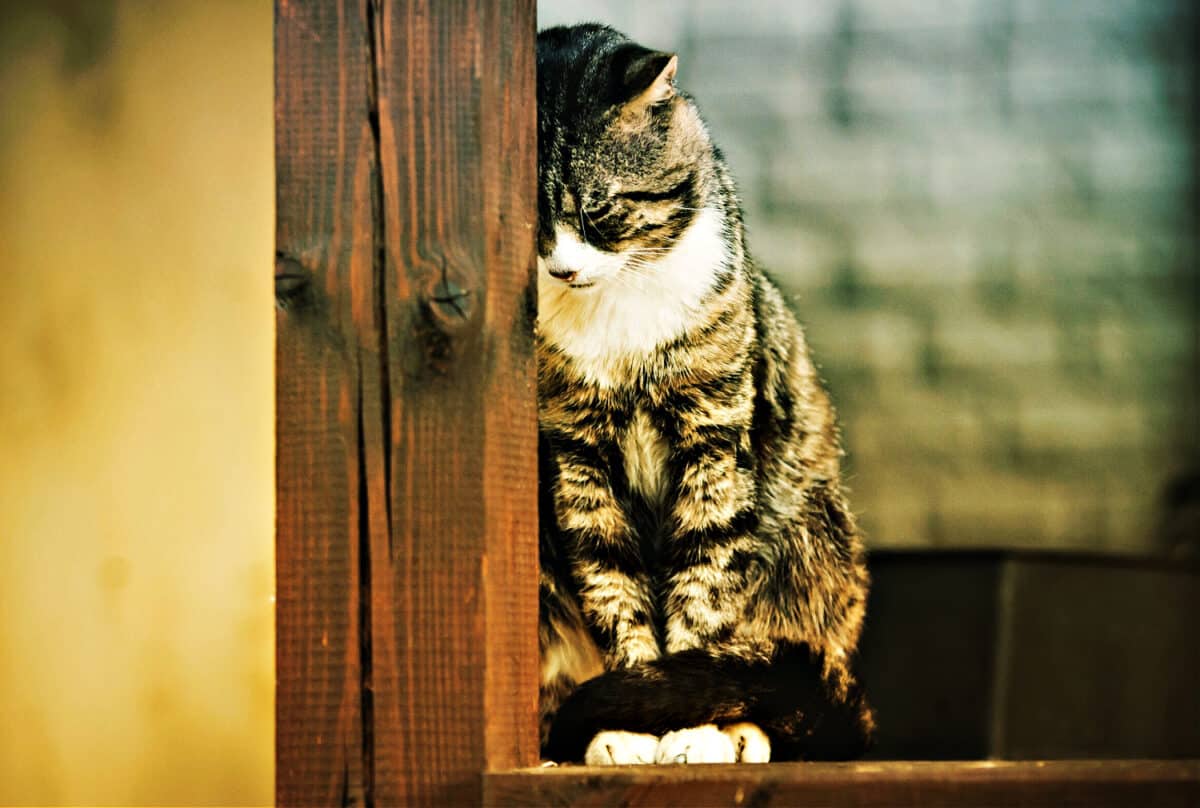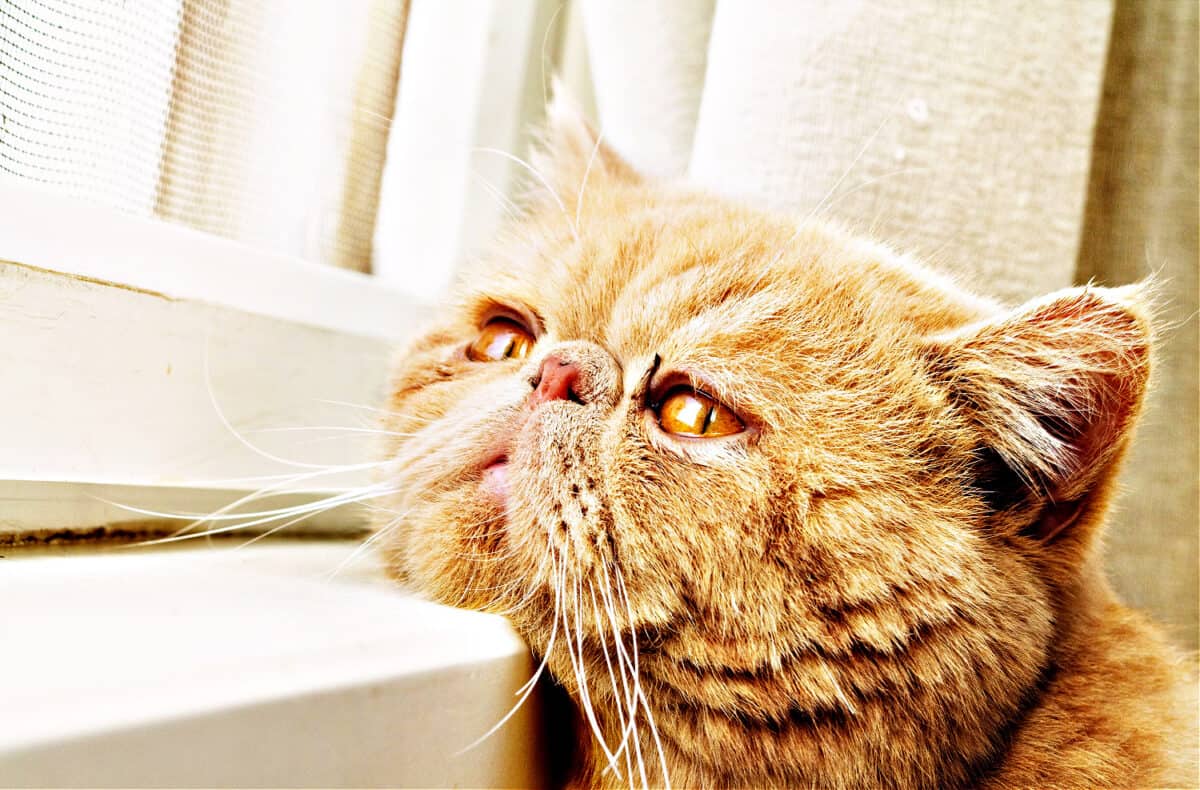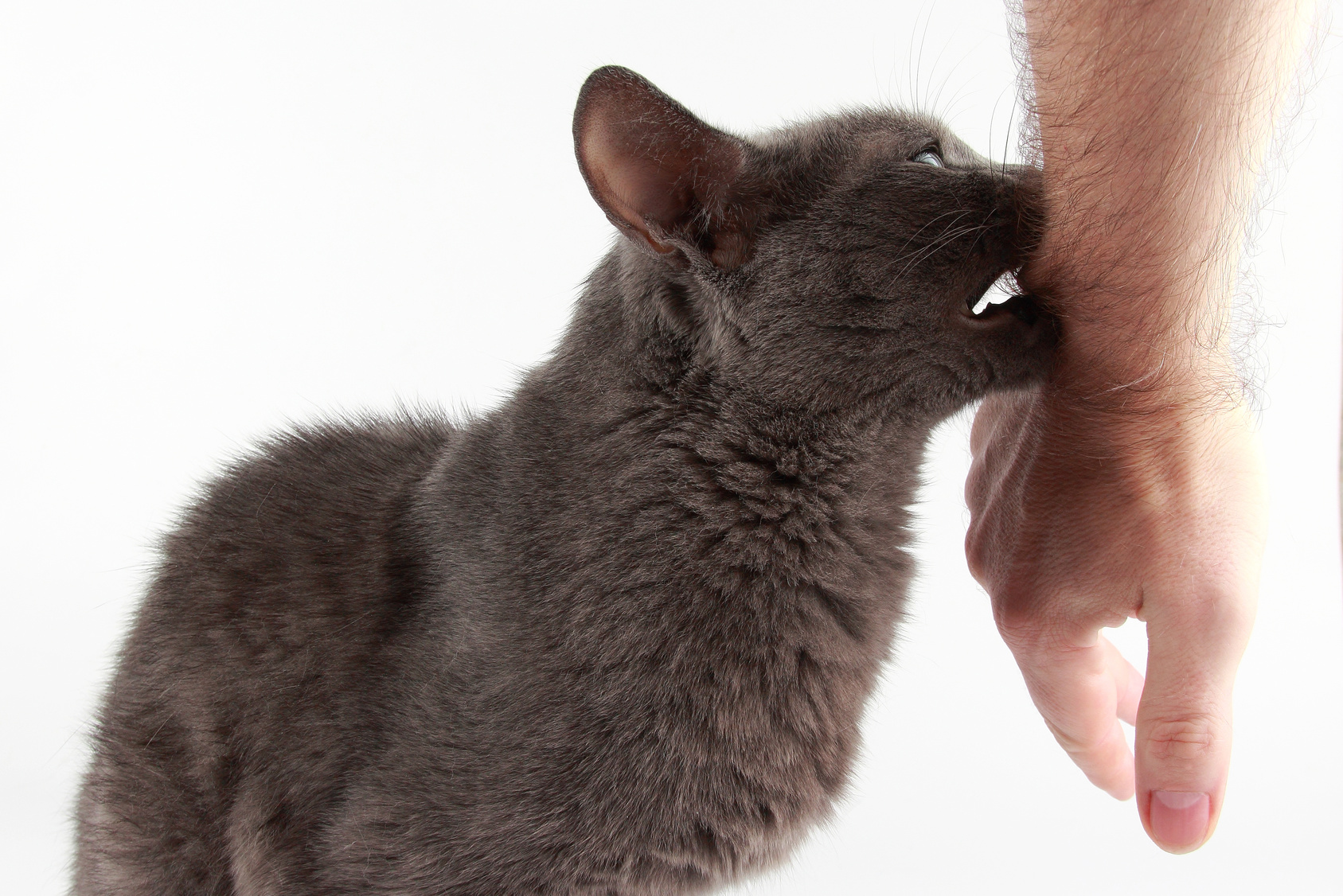Ever wondered if cats mourn? You might be surprised to learn that our furry companions, much like us, have their own emotional world. They form friendships, have families, and yes, they feel the absence of a lost companion.
In this article, we'll delve into the intriguing topic of feline grief. We'll explore the signs that suggest your cat may be mourning, the different stages they might go through, and most importantly, how you can help them navigate this difficult time.
We'll look into why some cats might seem unfazed by a companion's absence while others grieve deeply. Also, we'll examine how cats grieve not just for their feline friends, but for humans and other animals they were close to. And, we'll share some touching stories from pet owners who have observed this behavior in their own cats.
Understanding the emotional life of cats can help us better cater to their needs and support them during tough times.

Recognizing Cat Grief And Its Variations
Cats, just like us, build close connections. They have their own circle of best friends, companions, and even roommates. When one of these cherished beings is no longer there, it can cause a significant change in your cat's behavior. Just like humans, cats can grieve. The big question is, how can we as responsible and loving pet owners help them navigate this period of sadness?
However, it's important to understand that not every cat will grieve for every loss. Just as we humans do, cats also differentiate between close friends and mere acquaintances. For instance, your cat may perceive another cat in the household as just a roommate rather than a close buddy. In such cases, the absence of the 'roommate' cat may not significantly affect your cat.
Furthermore, if a cat companion has been unwell for a prolonged period, your cat may gradually come to terms with their friend's failing health. This gradual adjustment might make the eventual passing of the sick cat less shocking and therefore, less distressing. Every cat is unique, and so is their way of processing grief.
SIGN UP FOR THECATSITE'S EMAIL UPDATES >
Understanding Your Cat's Grief: A Three-Stage Journey
Grief doesn't discriminate. It hits not just us, but our pets too. A significant loss in your cat's life, whether it's another cat, their human companion, or even their dog buddy, can trigger the grief process. And the first step towards helping them is understanding what they are going through.
The Initial Shock: Expressing Pain And Searching
Stlsandy, an active TCS member, shares a touching story about her cat Reilly. When their dog, Avery, passed away at an emergency clinic overnight, Reilly couldn't say goodbye. He spent the next two weeks incessantly crying and scouring the house for Avery.
Stlsandy could only comfort him by gently reminding him that Avery didn't want to leave and missed him too. Such behavior marks the first stage of grief in cats, filled with pain and the desperate search for their missing friend.
The Middle Phase: Depression And Withdrawal
As the initial shock subsides, cats enter the second stage of grief - a quieter, more somber phase. Here, they often become less active, choosing to hide away, reflecting their depressed state.
Certain breeds like Siamese and Burmese cats may even lose their appetite and appear ill for several weeks. If this happens, an immediate visit to the vet is necessary. Cats' bodies can't withstand long periods without food.
A TCS member named Winchester shared her experience when her cat, Banshee, passed away. Her other cat, Booboo, though he continued eating, spent most of his time sleeping and gazing out of the living room window.
He didn't cry much, but his unusual silence was telling. His grief-stricken behavior lasted for more than a month.
The Final Stage: Acceptance And Personality Changes
Just like in humans, the last stage of cat grief is acceptance. This stage can bring about a change in your cat's personality. They may become more talkative, friendlier, or more likely to approach you as if they're compensating for the absence of their departed companion. Sometimes, a shy cat might even open up and become more social after the passing of a more outgoing companion.
Grief is a journey, a process. Each cat will traverse this path in its own unique way. Your understanding and patience during this difficult time can make a world of difference to your grieving friend.

Supporting Your Cat During The Grieving Process
Your reaction to the loss of a family member, furred or otherwise, can influence your cat's behavior. Feeling the pain, shedding tears, and mourning is a natural part of the process. Yet maintaining regularity can bring some much-needed stability to both you and your cat.
Keeping Up With Routines
Sticking to the usual schedule of meals, cleaning the litter box, playtime or grooming sessions, and providing loving cuddles, can provide comfort. This routine creates a familiar environment, offering a sense of security to your cat during such a tumultuous time.
Resisting The Temptation To Bring A New Pet
It's common to believe that a new pet could fill the void left behind. But in reality, it's more of a distraction than a solution. Grief is a process, for both you and Kitty, that must run its course.
An excitable new kitten, while providing a joyful distraction, might not be the best fit for a mourning cat. It's essential to allow time for healing before introducing a new family member.
Everyone Grieves Differently
Remember, grieving is not a one-size-fits-all process. The duration varies vastly among individuals, humans, and cats alike. Some may traverse the stages of grief swiftly within days, while others may take weeks or even months.
There Is Light Beyond The Grief
No matter how dark the days might seem now, time is the great healer. Gradually, the pain lessens, the sun shines a little brighter, and the hurt transforms into warm memories. It gets better with time, for you and your beloved cat. Stand by each other and navigate this journey of healing together.
SIGN UP FOR THECATSITE'S EMAIL UPDATES >
Comments? Leave them using the form below. Questions? Please use the cat forums for those!
Note: We may get commissions for purchases made through links on this page.




7 comments on “Do Cats Mourn? Supporting Your Pet through Loss”